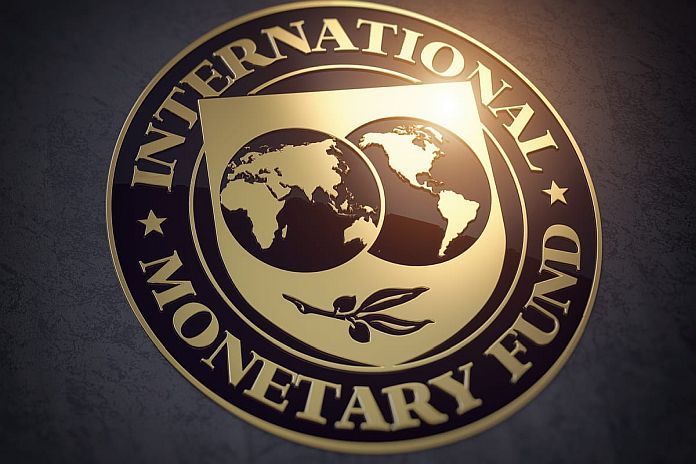IMF Communications Department
KINGSTON, Jamaica – An International Monetary Fund (IMF) team led by Esteban Vesperoni held virtual and in-person meetings with the Jamaican authorities during December 5-15 to conduct the 2022 AIV consultation and discuss the authorities’ request for access under the Precautionary and Liquidity Line (PLL) and the Resilience and Sustainability Facility (RSF).
The authorities and the staff reached agreement on a PLL with access for 190 percent of quota (SDR 727.51 million, approximately US$ 967 million). They also reached agreement to access financial resources under the RSF in the amount of 150 percent of quota (SDR 574.35 million, approximately US$ 763 million). At the conclusion of the mission, Vesperoni issued the following statement:
“The IMF team and the Jamaican authorities reached staff-level agreement on policies to support the request for PLL and the RSF. The IMF’s executive board is expected to consider these requests in early 2023.
“Over the past few years, Jamaica has been buffeted by a difficult global environment -from COVID, the Russian war in Ukraine, and the ongoing tightening of global financial conditions.
“However, supported by good policy frameworks and policies prioritizing macroeconomic stability, the economy is now recovering strongly. As COVID waned, stopover flight arrivals had rebounded to pre-crisis levels, and 2022 growth is expected to be around 4 percent. Pushed by global factors,in particular, the impact of the war in Ukraine on commodity prices inflation has risen above the central bank’s target band but is expected to decline during the course of 2023. High commodity prices have resulted in an increase in the current account deficit. However, international reserves remain at healthy levels. The financial system is well-capitalized and liquid.
“The outlook points to a continued recovery in activity and inflation falling back within the bank of Jamaica’s target range by end-2023. Nonetheless, global risks remain high. The war in Ukraine may push commodity prices higher, a stronger-than-envisaged tightening of global financial conditions may curb capital flows and reduce remittances, and new COVID variants could disrupt tourism and trade.
“The authorities’ response to recent shocks has been well designed. The fiscal policy response to COVID was nimble, supporting the economy in 2020 but then quickly resuming a downward path for the debt as the impact of the pandemic faded. Similarly, the response to the upward surge in fuel and food prices was to allow for full pass-through while providing targeted support to the poor within the existing fiscal envelope. The Bank of Jamaica has followed a data-dependent tightening of monetary policy to counter the inflationary impulse arising from the rapid recovery in demand and increases in global prices. These policies together have struck the right balance in responding to shocks, protecting the vulnerable, countering inflationary pressures, and securing debt sustainability.
“The authorities continue to improve their policy frameworks. The recently established Fiscal Commission will strengthen the fiscal responsibility framework. Reforms to the public sector wage structure – financed within a fiscal envelope that is consistent with the Fiscal Responsibility Law – will create a standardized and equitable pay structure that rewards performance and helps retain skilled public sector workers. Important progress is being made in the adoption of the Basel III framework and the expansion of the supervisory perimeter to include credit unions. Going forward, the authorities are working to strengthen tax administration and public financial management systems, enhance the process for resolving unviable banks, expand consolidated supervision of financial conglomerates, and tackle shortcomings in the AML/CFT framework.
“Finally, the authorities have articulated an ambitious agenda to address the challenges posed by climate change that warrant support under the RSF. Building on Jamaica’s commitments under the Paris Agreement, efforts are underway to strengthen physical, financial and fiscal resilience to the effects of climate change, to transition to renewables, create new markets for green financial instruments, and ensure that climate risks are properly managed by financial intermediaries. Reducing Jamaica’s susceptibility to natural disasters, rising sea level, and extreme weather events will help foster growth and job creation as well as incentivize private sector financing for a range of investments, including those related to energy efficiency, emissions reduction, and increasing resilience.
“The IMF team is grateful to the Jamaican authorities and other counterparts for their hospitality and very productive discussions.”





